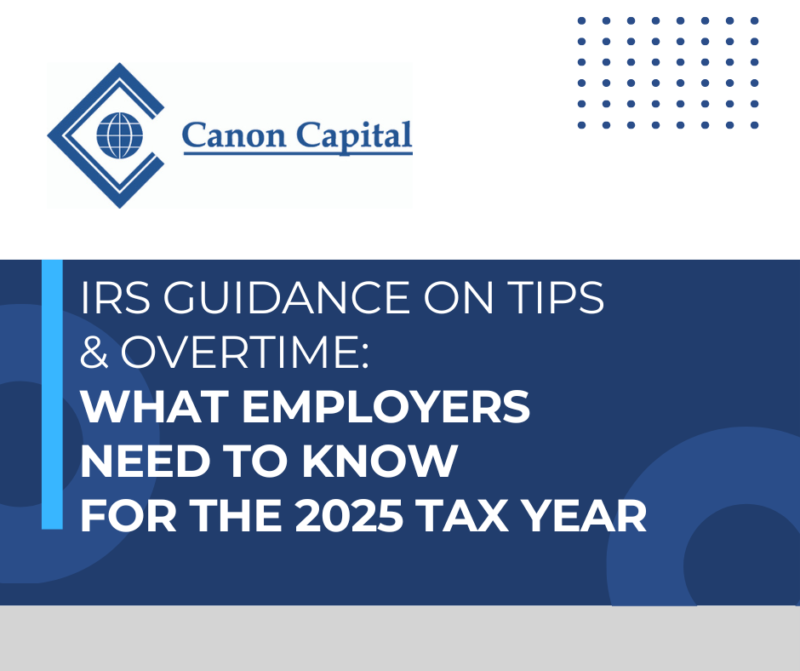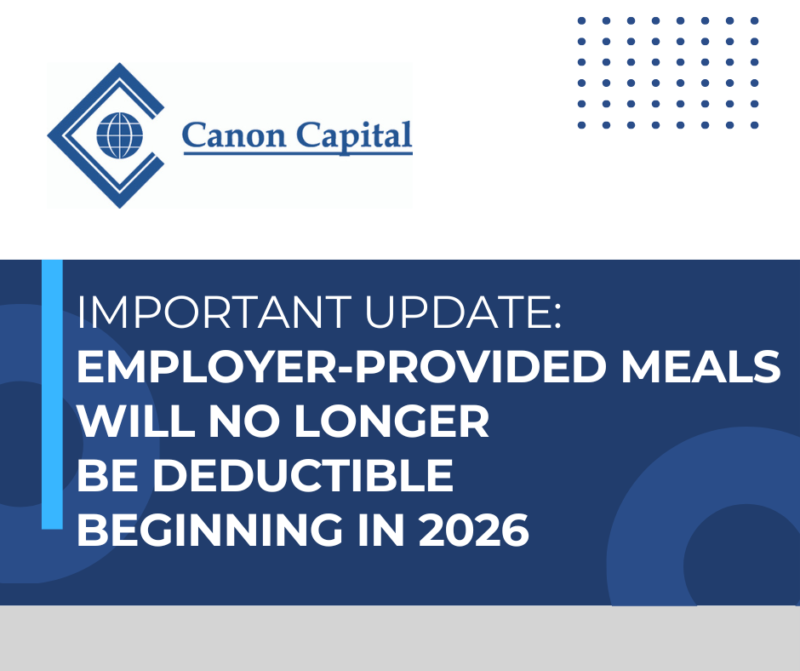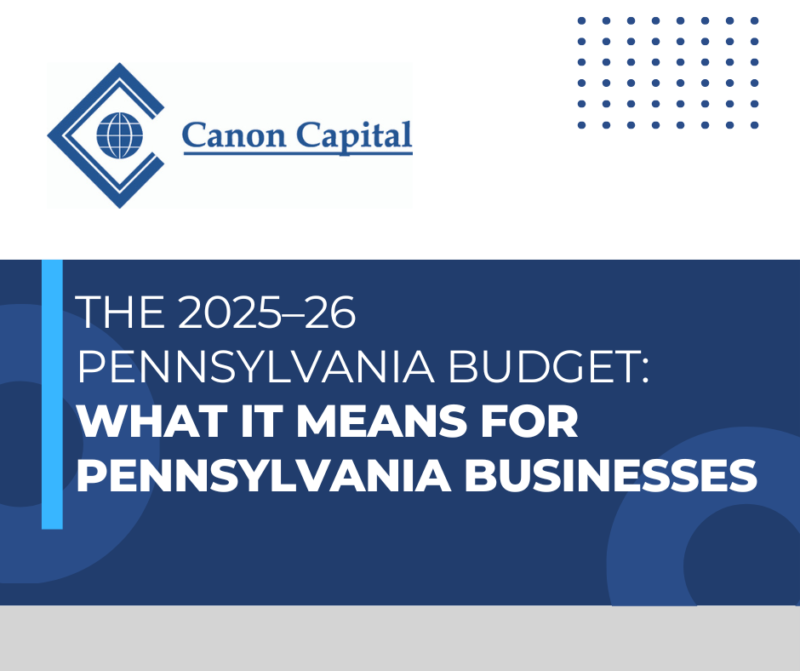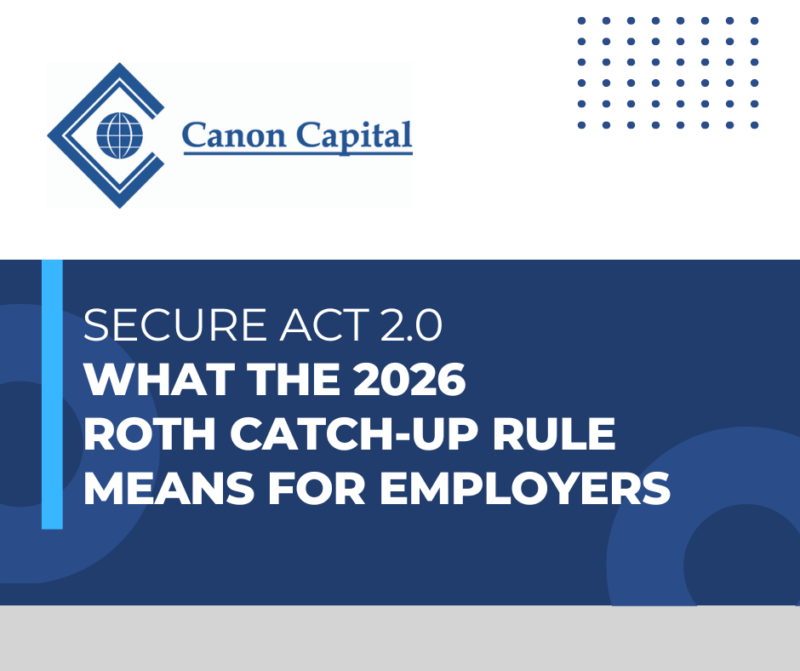
Running a business means juggling dozens of moving parts, from payroll and taxes to technology and client relationships. For many small and mid-sized businesses, partnering with outside professionals for accounting, payroll, and IT support helps keep operations efficient and compliant.
At Canon Capital, we work with business owners across the Delaware Valley who are doing it all, and we’ve noticed a few small actions that make a big difference in how smoothly things run. Here are three simple ways to get even more value from your CPA, Payroll, and Technologies teams.
Payroll: Keep Us in the Loop When People (and Pay) Change
Hiring a new team member? Someone leaving the company? Giving a raise or changing a pay structure? Letting your payroll provider know right away ensures accurate paychecks and compliance with both federal and local tax requirements.
Each municipality in Pennsylvania can have different local earned income tax rates, and reporting changes promptly helps avoid under- or over-withholding. It also makes sure that your quarterly filings and year-end W-2s are accurate, saving time and future frustration.
A quick email or message when staffing changes occur allows your payroll specialists to:
- Update employee tax profiles and direct deposit info
- Verify start or end dates for pay periods
- Adjust benefit and deduction settings
It’s a small step that can prevent big headaches and help keep your team happy and paid correctly.
CPA: Call Before You Make a Big Financial Move
One of the best ways to maximize your CPA relationship is to make it proactive, not reactive. We love to hear from clients before they make a major financial decision, like purchasing new equipment, changing business structures, or expanding to a new location.
Why? Because those moves often carry tax implications that can be managed strategically with advance planning. When you loop in your CPA early, we can help you:
- Determine the most tax-efficient timing for purchases or deductions
- Evaluate whether a lease or buy makes better sense
- Review cash flow and financing impacts
- Ensure your business structure still aligns with your growth plans
A short phone call today can mean smoother filings and potentially thousands in tax savings tomorrow. Think of your CPA as part of your strategic team, not just the person who prepares your returns.
Technologies: Send a Better Ticket for Faster Fixes
We know IT issues can slow everything down. The fastest way to get back up and running is to give your tech team the right details up front.
When submitting a support ticket, include:
- What happened and when. (“Outlook froze at 9:15 a.m. after sending an email with an attachment.”)
- Any error messages or screenshots. These help pinpoint the issue immediately.
- Steps you’ve already tried. Did you restart your computer? Disconnect from Wi-Fi? Mention it.
This level of detail helps the Technologies team quickly recreate the issue, find the root cause, and deliver a faster solution. The result? Less downtime, fewer back-and-forth emails, and more time focused on your work.
Bringing It All Together
At Canon Capital, our CPA, Payroll, and Technologies teams work toward making sure your business runs efficiently from every angle. A little proactive communication helps us help you faster.
If you’re ready to partner with a team that values efficiency, accuracy, and your long-term success, we’d love to talk.
Contact us today to see how Canon Capital can make your business operations simpler and stronger.
 As he enters retirement, Kent is looking forward to a new and meaningful role as a part-time caretaker for his first grandchild while continuing to work part-time in his custom woodworking business.
As he enters retirement, Kent is looking forward to a new and meaningful role as a part-time caretaker for his first grandchild while continuing to work part-time in his custom woodworking business.









